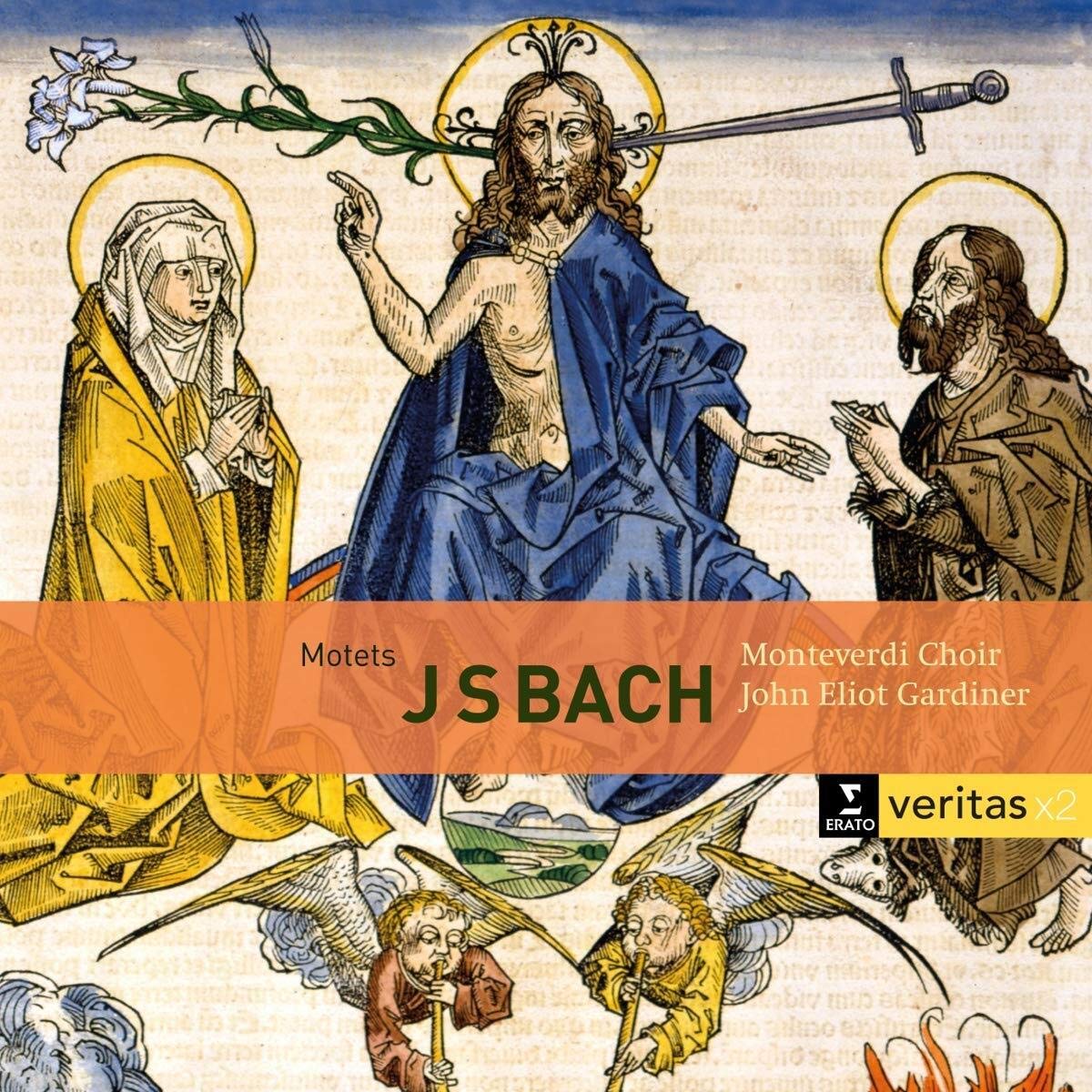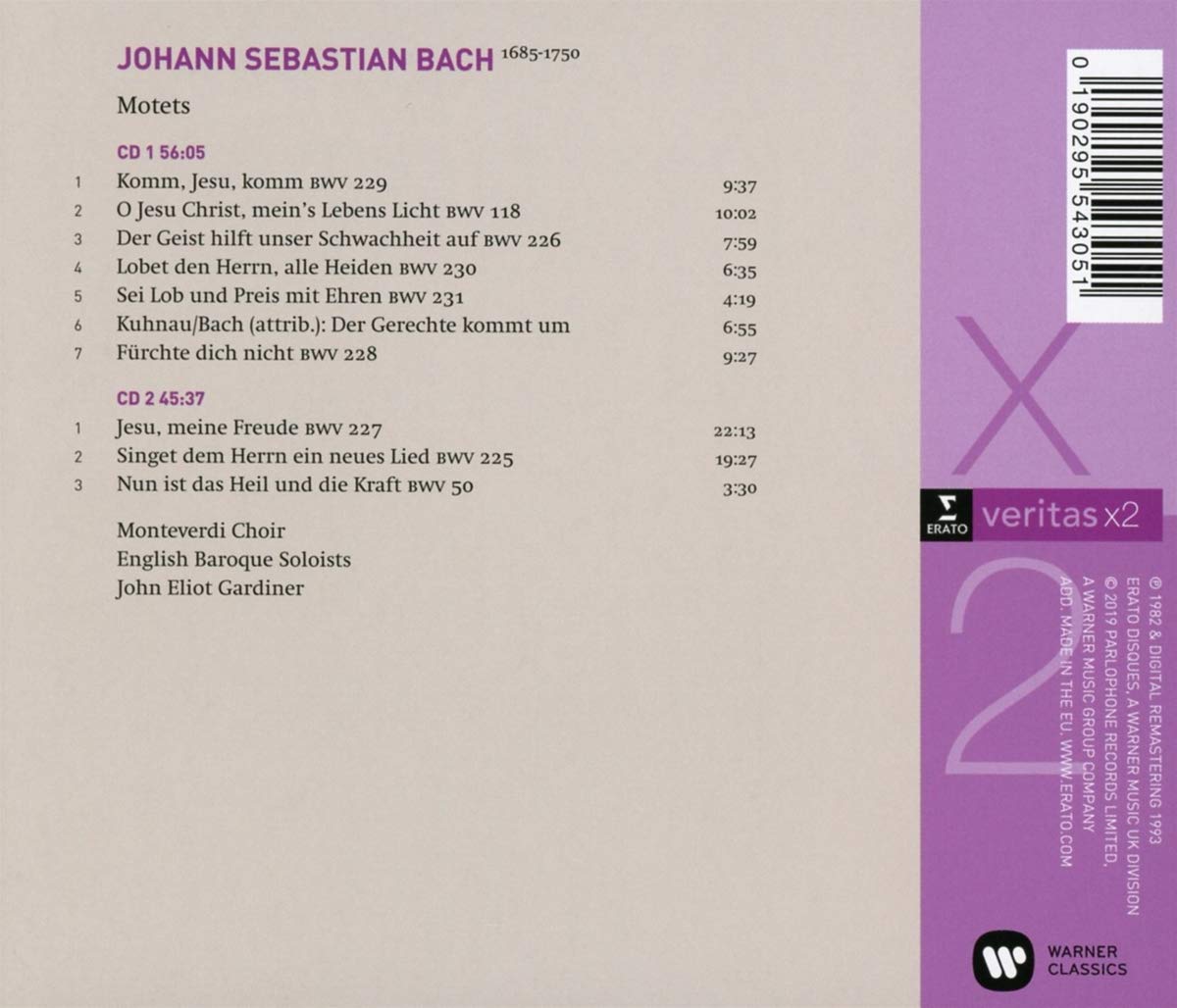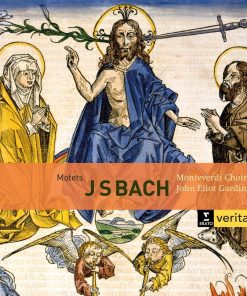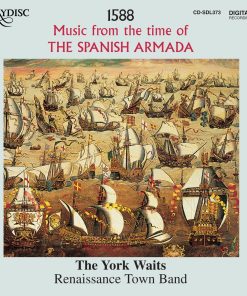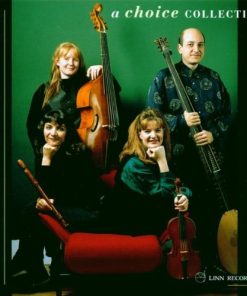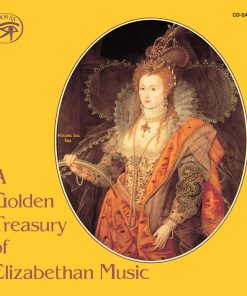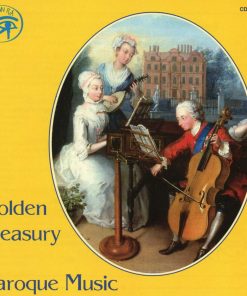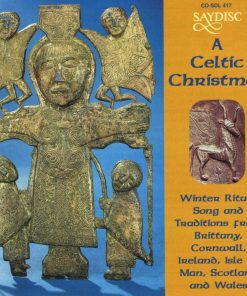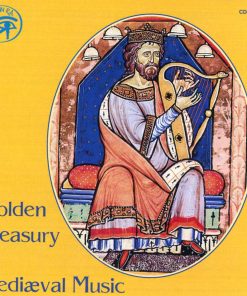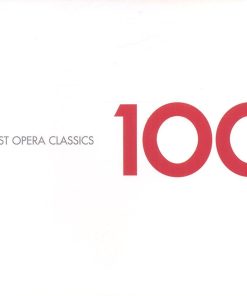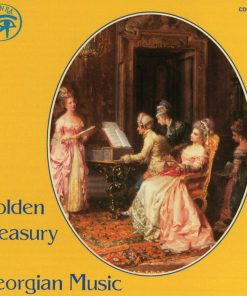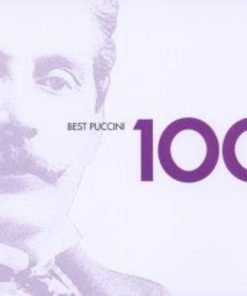Bach: Motets BWV 225-231, Cantatas BWV 50 & 118 – John Eliot Gardiner (2 CDs) WARNER CLASSICS
$ 8,99 $ 5,39

Taken together these motets and quasi-motets form one of the peaks of Bach’s art as a composer of choral music. Compressed and complex, they make enormous demands on performers, requiring exceptional virtuosity, stamina and sensitivity to abrupt changes of mood and texture. Bach’s characteristically skilful use of fugue, canon and counterpoint makes this music endlessly fascinating, but most of all these are works of emotional power, revealing Bach’s compassionate nature, the dancing joy he takes in praising God, and his total certainty as he contemplates death. John Eliot Gardiner’s extraordinary technical and interpretative skills ensure recognition of the motets and cantatas as some of the best of Bach. A key figure in today’s musical landscape, John Eliot Gardiner has established a number of ensembles – both instrumental and vocal – that he directs in a wide-ranging repertoire. Baroque music, with which he first made his name, remains very important to him, particularly the works of Johann Sebastian Bach; he has even published a major biographical study of the composer, Music in the Castle of Heaven.

CD 1
1- Komm, Jesu, Komm, BWV 229
2 O Jesu Christ, Mein’s Lebens Licht, BWV 118
3 Der Geist Hilft Unser Schwachheit Auf, BWV 226
4 Lobet Den Herrn, Alle Heiden, BWV 230
5 Sei Lob Und Preis Mit Ehren, BWV 231
6 Der Gerechte Kommt Um
7 Fürchte Dich Nicht, Ich Bin Bei Dir, BWV 228
CD 2
8 Jesu, Meine Freude, BWV 227
9 Singet Dem Herrn Ein Neues Lied, BWV 225
10 Nun Ist Das Heil Und Die Kraft, BWV 50
Fast Shipping and Professional Packing
Due to our longstanding partnership with UPS FedEx DHL and other leading international carriers, we are able to provide a range of shipping options. Our warehouse staff are highly trained to pack your goods exactly according to the specifications that we supply. Your goods will undergo a thorough examination and will be safely packaged prior to being sent out. Everyday we deliver hundreds of packages to our customers from all over the world. This is an indication of our dedication to being the largest online retailer worldwide. Warehouses and distribution centers can be located in Europe as well as the USA.
Orders with more than 1 item are assigned processing periods for each item.
Before shipment, all ordered products will be thoroughly inspected. Today, most orders will be shipped within 48 hours. The estimated delivery time is between 3-7 days.
Returns
The stock is constantly changing. It's not entirely managed by us since we are involved with multiple parties such as the factory and our storage. The actual stock can fluctuate at any time. Please understand it may happen that your order will be out of stock when the order is placed.
Our policy is valid for 30 days. If you haven't received your product within 30 days, we're not able to issue either a return or exchange.
You are able to return a product if it is unused and in the same condition when you received it. It must also still remain in the original packaging.
Related products
MUSIC CDS
MUSIC CDS
MUSIC CDS
MUSIC CDS
MUSIC CDS
MUSIC CDS
MUSIC CDS
MUSIC CDS
MUSIC CDS
MUSIC CDS
MUSIC CDS
